RBS sale: does privatisation serve the public interest?
Some experts believe taxpayers may be short-changed – bringing back memories of Royal Mail sell-off
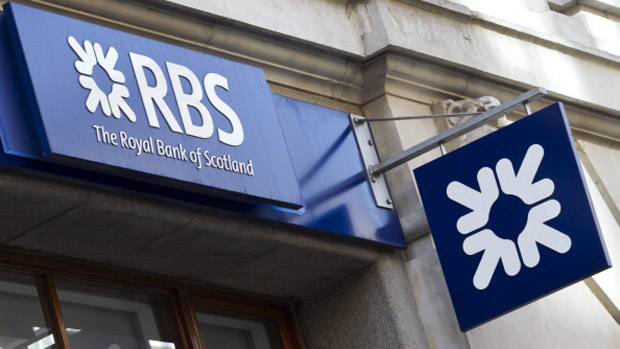
A free daily email with the biggest news stories of the day – and the best features from TheWeek.com
You are now subscribed
Your newsletter sign-up was successful
Earlier this year George Osborne announced the Government will be selling off its stake in RBS, seven years after it was bailed out by the taxpayer.
This plan was put into action on August 3 when around £2.1bn of shares were sold to institutional investors, primarily hedge funds.
The Week
Escape your echo chamber. Get the facts behind the news, plus analysis from multiple perspectives.

Sign up for The Week's Free Newsletters
From our morning news briefing to a weekly Good News Newsletter, get the best of The Week delivered directly to your inbox.
From our morning news briefing to a weekly Good News Newsletter, get the best of The Week delivered directly to your inbox.
The problem is, at current prices, the shares are worth much less than we paid for them. The then Labour government invested £45bn in the bank in 2008; at the sale price of 330p per share this would be worth barely £31bn, although continuing improvements in the bank’s profitability might boost its value over time.
The chancellor says the Government could still make as much as a £14.3bn profit from the bailouts, if you add the money from share sales and cash generated by other banks that were bailed out at the same time, such as Lloyds.
So has selling off public assets ever been the best deal for taxpayers?
Royal Mail
A free daily email with the biggest news stories of the day – and the best features from TheWeek.com
The Royal Mail sell-off is one of the most recent privatisations. Royal Mail was making money at the time of the sale and the discounted offer was extremely popular, including with retail investors – although some surveys suggested only one-third of the British public actually supported the move.
The Government sold 60 per cent of Royal Mail at the end of 2013, for the price of 330p per share. As soon as the business went on the market, shares leapt 38 per cent and peaked at 615p. Shares are now worth around £5 each.
The Government gave preferential treatment to certain shareholders in the belief they would be long-term investors in the company, yet according to Chris Blackhurst at The Independent, shortly after the sale, 12 of the "Lucky 16" institutional buyers with a larger allocation cashed in for a big gain.
It has been calculated the taxpayer lost out by £750m on that first day. The National Audit Office (NAO) said the Department for Business, Innovation and Skills "could have achieved better value for the taxpayer", conceding that profits were sacrificed for certainty the transaction would be completed – setting shares at a cautious low end of the price range.
"This was to achieve the Department's priority to complete a sale within the time available, against the risks of industrial action and short-term market uncertainty," the NAO said in a report. "And to reflect the price indications of a small number of priority investors whose participation was seen as vital, as well the views of over 500 other potential investors."
An independent review carried out by Lord Myners found the Government was right to be cautious about the price when Royal Mail was floated, citing a risk the shares wouldn't otherwise be sold.
"We have not uncovered any evidence to challenge the general assertion that it was unlikely that an IPO price greater than 350-360p could have been achieved through the bookbuild process, and we accept that a decision to revise the range would have come with added uncertainty and risk," the review concluded.
East Coast rail
In 2009, East Coast rail was taken over by Directly Operated Railways, a company set up by the Government to oversee the network.
Its finances were turned around quickly: just one year later, it had more than doubled pre-tax profits. By last year, the company was reporting a profit of £225m, with £216.9m of that coming straight back to the Department for Transport. In total, since Government intervention, it has given back nearly £1bn.
The company was sold to a joint venture between Stagecoach and Virgin for £3.3bn last year and formally taken over in March. If the company continued to increase its profits under state ownership at the rate it had, projections show the taxpayer could have made back that amount by about 2021 (including profit from 2009-2014).
The Government defended the decision to sell by saying its ownership was always a ‘stop-gap’ and promises by the new owners to invest in the line will deliver new routes, new trains and service improvements such as Wifi.
Northern Rock
In 2008, following the subprime mortgage crisis, Northern Rock was nationalised by the Government. The bank was split into two parts: Northern Rock Plc and Northern Rock Asset Management. In 2012, Northern Rock Plc was taken over by Virgin Money. The other half was retained by the Government and was where the 'bad debt' was placed.
This company has recovered remarkably well under state ownership. At the end of the financial year just gone it reported an underlying profit before tax of just under £1.4bn.
Last year, the section of the bank that was sold off and rebranded reported that underlying profits had quadrupled from £13m to £60m, The Guardian notes.
Anti-privatisation campaigners say the common argument that state ownership is too inefficient to make profit in the same way as private companies is false. The state loses, they argue, when the Government pours money into projects only to sell them off to private companies once they are viable businesses. The chancellor and others counter that improvements in company fortunes after their sale is a facet of no longer being constrained in the public sector – and companies that thrive in private hands contribute more in tax long-term.
With the sale of RBS under way, the debate will rest for now. But a general election in 2020, at which the main opposition could propose at least some renationalisation of key industries, will give voters the chance to express whether or not they really feel privatisation is in the public interest.
-
 What is the endgame in the DHS shutdown?
What is the endgame in the DHS shutdown?Today’s Big Question Democrats want to rein in ICE’s immigration crackdown
-
 ‘Poor time management isn’t just an inconvenience’
‘Poor time management isn’t just an inconvenience’Instant Opinion Opinion, comment and editorials of the day
-
 Bad Bunny’s Super Bowl: A win for unity
Bad Bunny’s Super Bowl: A win for unityFeature The global superstar's halftime show was a celebration for everyone to enjoy
-
 Mystery boxes: the companies selling lost parcels and suitcases
Mystery boxes: the companies selling lost parcels and suitcasesUnder The Radar The 'gamble' on what is inside is 'part of the attraction' for some customers
-
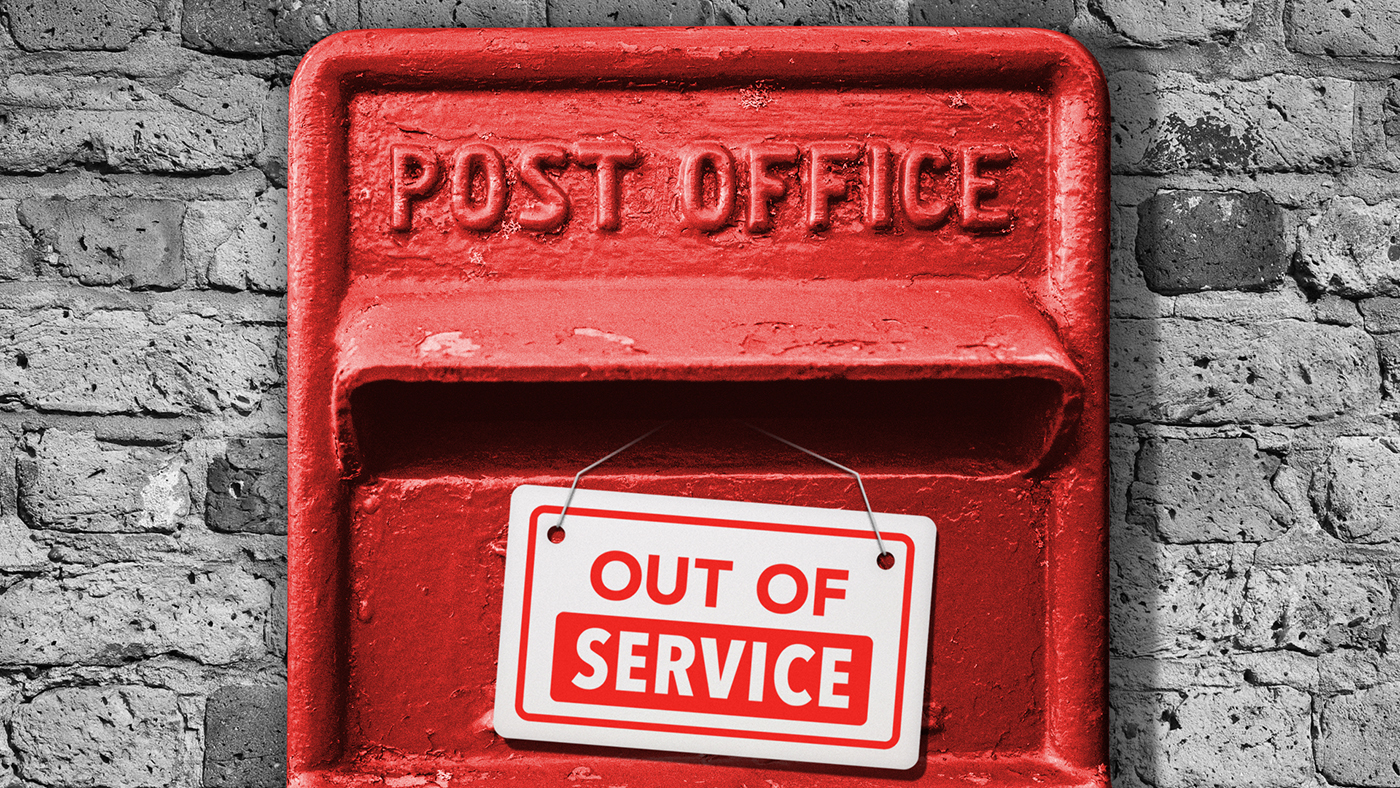 Why is Royal Mail failing to deliver?
Why is Royal Mail failing to deliver?Today's Big Question The 507-year-old British institution is facing carve-up and even insolvency with decline of letter writing
-
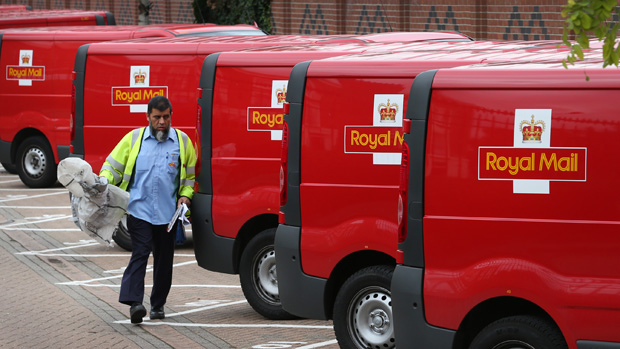 Coronavirus: how Royal Mail is changing its service
Coronavirus: how Royal Mail is changing its serviceIn Depth Postal service announces new opening hours and parcel collection system
-
 Royal Mail wins high court battle to stop postal strike
Royal Mail wins high court battle to stop postal strikeIn Depth The vote to strike won by 97%, with a 76% turnout, but the judge ruled there were ‘irregularities’ in the process
-
 NatWest and RBS trial new fingerprint bank cards
NatWest and RBS trial new fingerprint bank cardsSpeed Read Biometric payment system will allow customers to spend more than £30 using contactless cards
-
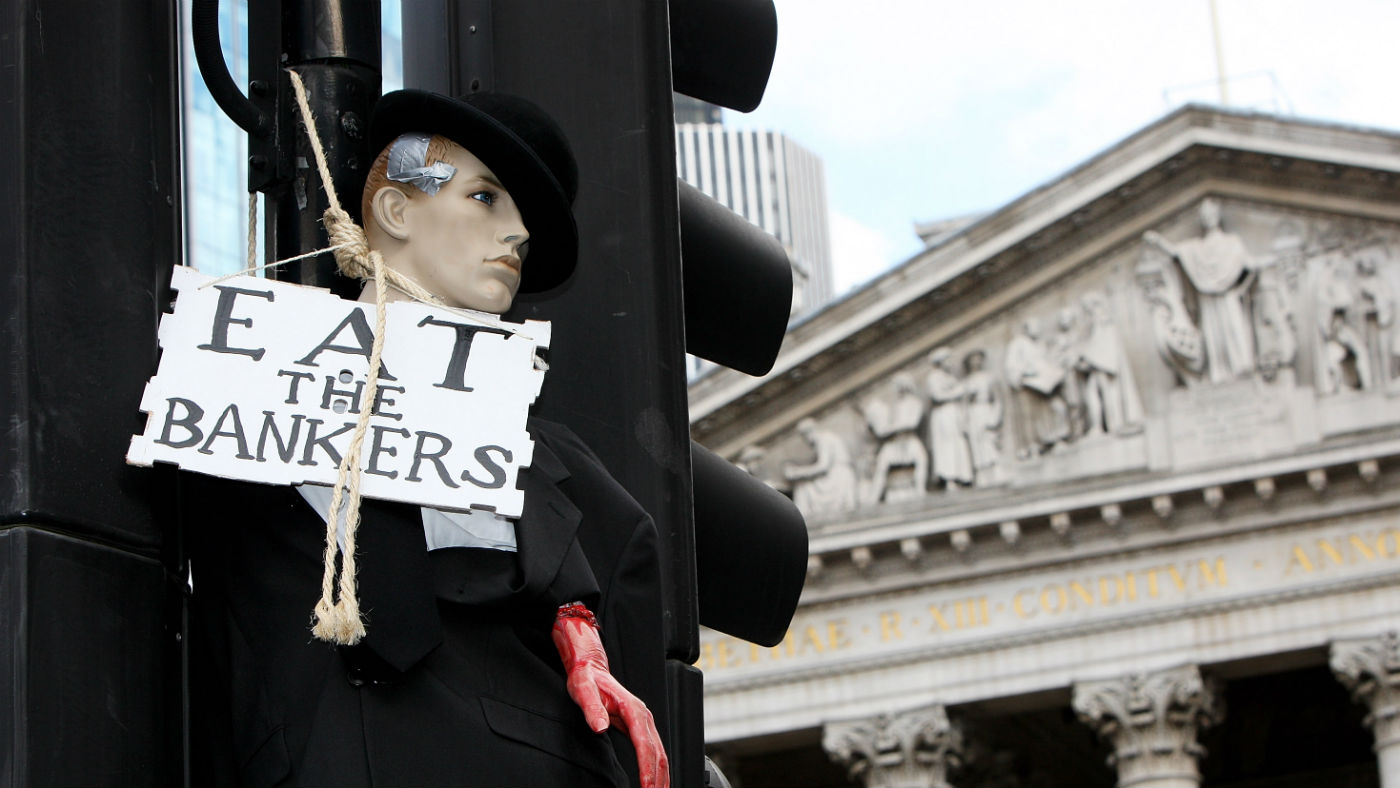 Two-thirds of Brits still don’t trust banks
Two-thirds of Brits still don’t trust banksSpeed Read Ten years on from the financial crisis, survey finds trust for banking system in short supply
-
 What is Britain’s worst bank?
What is Britain’s worst bank?Speed Read Royal Bank of Scotland comes joint-bottom in the new personal banking league table, and last for business banking
-
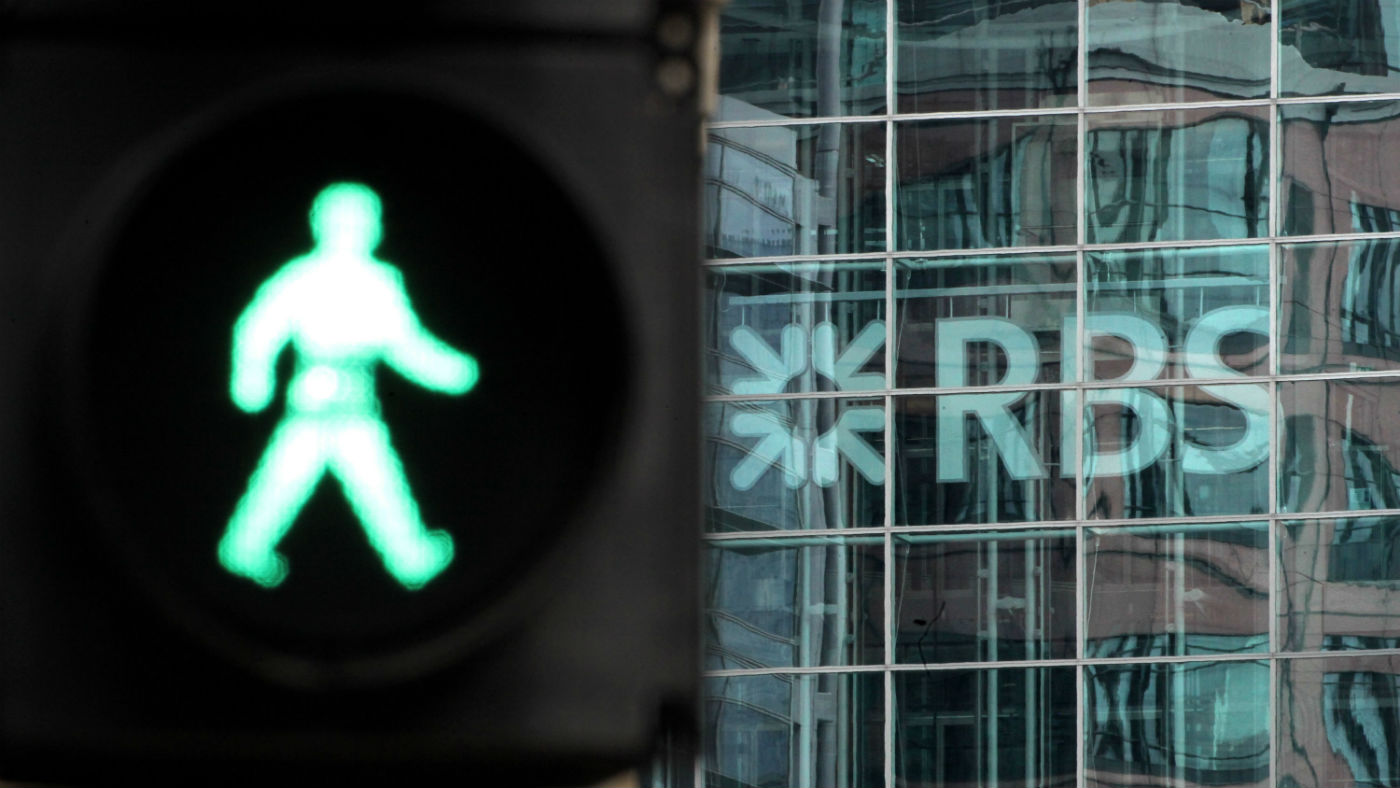 RBS set for biggest privatisation in UK history
RBS set for biggest privatisation in UK historySpeed Read US regulators impose $4.9bn penalty and pave way for Government to sell its 70% stake